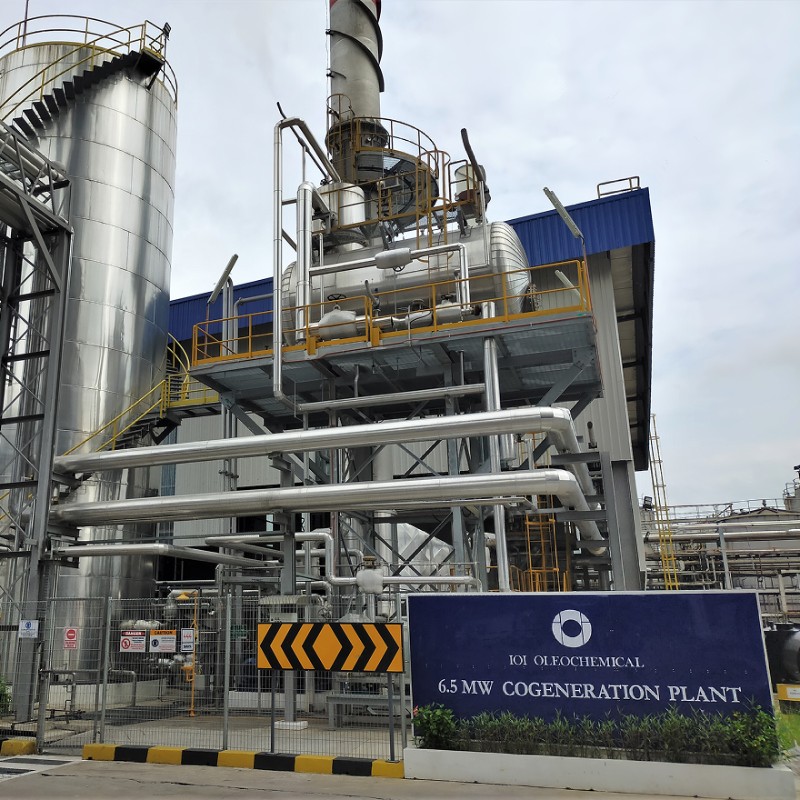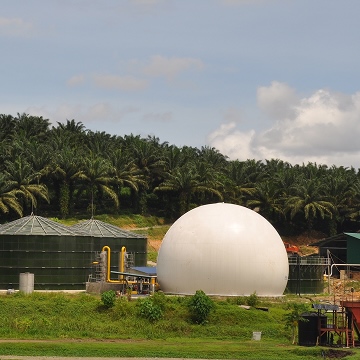

Overview
At IOI, we believe that sustainability is fundamental to our continued success and growth as a leading palm oil and resource-based ingredients company. We are committed to integrating sustainable practices throughout our longstanding operations, from our upstream plantations to our downstream resource-based manufacturing, and our recent venture into the renewables business including palm wood as well as pulp and paper.
We have made great strides in sustainability, achieving significant milestones.
Our Milestones

Annual Sustainability Report
IOI's Annual Sustainability Report is prepared in line with national and global standards, highlighting our sustainability management approach, performance data, and key EESG-related risks and opportunities. The report reflects our progress, challenges, and continuous improvement in embedding sustainability into our operations. The report is published alongside our Annual Report, as part of IOI's Annual Integrated Reporting.
Sustainability in Action
Towards Net Zero by 2040
Climate change is one of the most existential challenges faced by us. Therefore, we commit to achieve Net Zero by 2040 along with strengthening our focus on principles aligning with our commitments towards Enhanced Biodiversity and Ecosystem and Just Transition.
- Aim to manage climate related risks and opportunities through Climate Change Action initiative (“CCAi”)
- Equip our operations to adapt to changing circumstances arising from climate change
Enhanced Biodiversity and Ecosystem
- Aim to guide biodiversity and ecosystem assessment and execution of the management plan, and ensure continuous compliance with national regulations. Provide guidance on biodiversity and ecosystem enhancement practices, handling wildlife crises, and managing reforestation efforts
- Build resilience towards the potential effects of climate change
Just Transition
- Promote inclusivity by providing fair and equal opportunities for our workers and communities throughout our decarbonisation journey
- Upskilling of our workforce by providing relevant training
Tracking Our Impact Every Step of the Way
Traceable to own plantation
Traceable to mill for third party suppliers
Certified for MSPO (estates and mills) and ISO 45001:2018 certified for refineries and oleochemical operations
RSPO-certified landbank
Traceable to plantation for third party suppliers
Global Ratings and Assessment Agencies for international benchmarking standards
